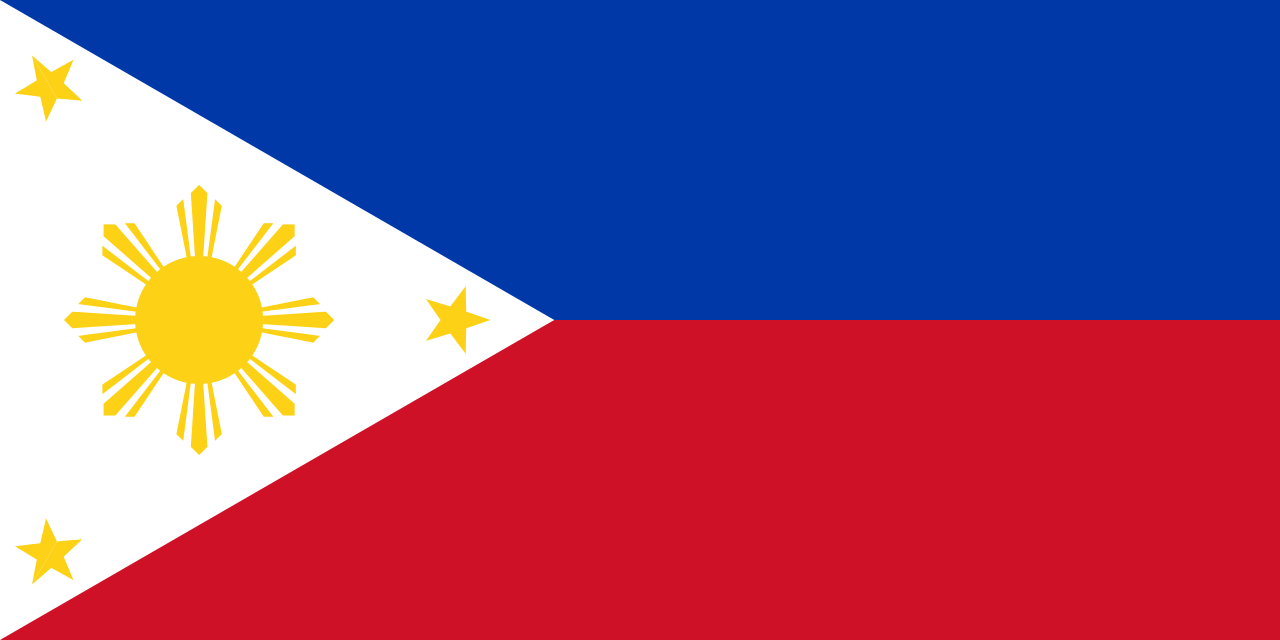MAKATI CITY, Philippines – The attainment of the goals set in the country’s coffee roadmap is determined by public and private convergence thus, programs such as the 2nd Philippine Coffee Conference firms up stakeholder’s initiatives in promoting coffee as a national industry, Department of Trade and Industry – Regional Operations Group (DTI-ROG) Undersecretary Zenaida Maglaya said during the conference held last November 23-25, 2016 in Baguio City.
Maglaya explained that the government will provide technical support while the private sector will take the lead in what she refers to as “angat lahat” for shared responsibility while attaining inclusive growth.
Meanwhile, Department of Agriculture (DA) Regional Executive Director Lorenzo Caranguian, said that the roadmap goal is also dependent on the right seed, right place, right price and right market.
With the theme “Nurturing the Coffee Industry Towards Sustainable and Inclusive Growth”, the two-day conference engaged the 800 participants from various sectors to a series of forums and interactions complete with a barista aided Coffee Pavilion that showcased various coffee products of Luzon, Visayas, and Mindanao.
In presenting the Philippine Coffee Roadmap for 2016-2022, Philippine Council for Agriculture and Fisheries Chairman Dave Santos emphasized that there must be a comprehensive industrial strategy to enable agri-business, manufacturing and service firms to upgrade, thrive, and become catalysts and engines for sustained and inclusive growth.
Santos added the country must also align its goals to the World Coffee Vision 2020 “Collective Impact for Sustainable Coffee Communities” and capacitate producers to take advantage of the many opportunities of the industry.
“We need to promote the success of domestic firms in both the local and international markets that will lead to economic transformation by creating the proper environment and strengthening industries,” Santos explained.
On post-harvest handling and quality control of coffee, Dr. Manuel Diaz, Consultant of Coffee Quality Institute presented “The Science of Fine Robusta,” saying that Robusta Coffee will become the major source of coffee consumption globally. A known cupper and grader, Diaz claimed that Robusta is easier to tend to in farm, has a higher yield and is also less sensitive to insects.
Dr. Phan Viet Ha, the Head of Science Plan Department, Western Highlands Agriculture & Forestry Science of Vietnam discussed Vietnam’s Programs and Strategies on Coffee Production, Productivity and Processing. Dr. Ha said that Vietnam undertakes what he calls a research-oriented sustainable coffee production and coffee breeding which is a complete form of Integrated Crop Management (ICM).
The ICM, according to Ha, is a protocol applied for the coffee industry in various regions in Vietnam and his office pushes for the application of such protocols. One of Vietnam’s good practices, he added, is the use of mechanization and hi-tech applications in coffee production.















